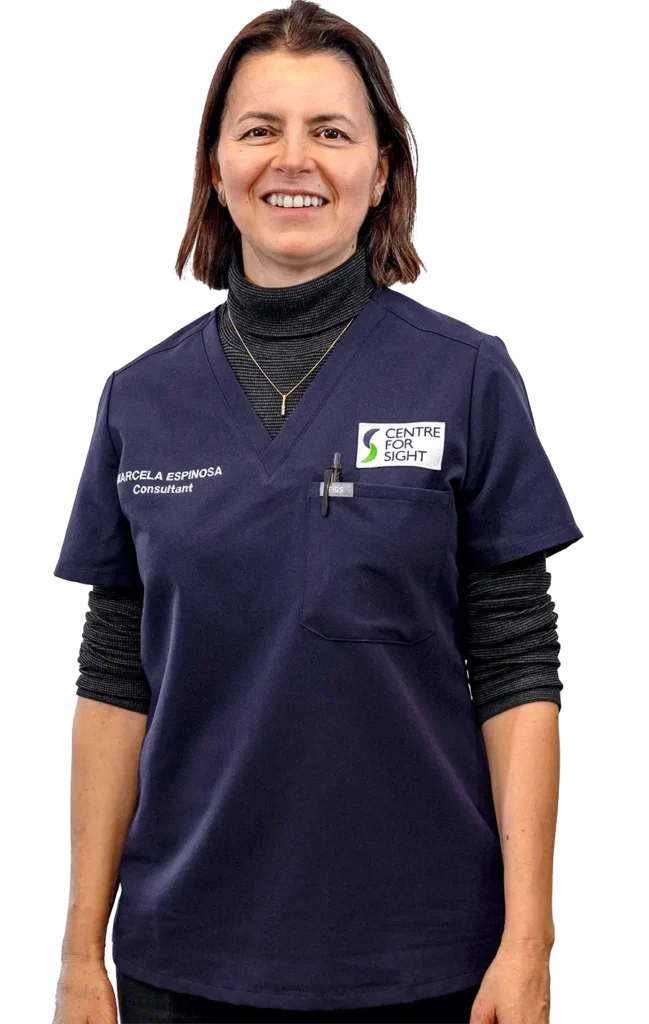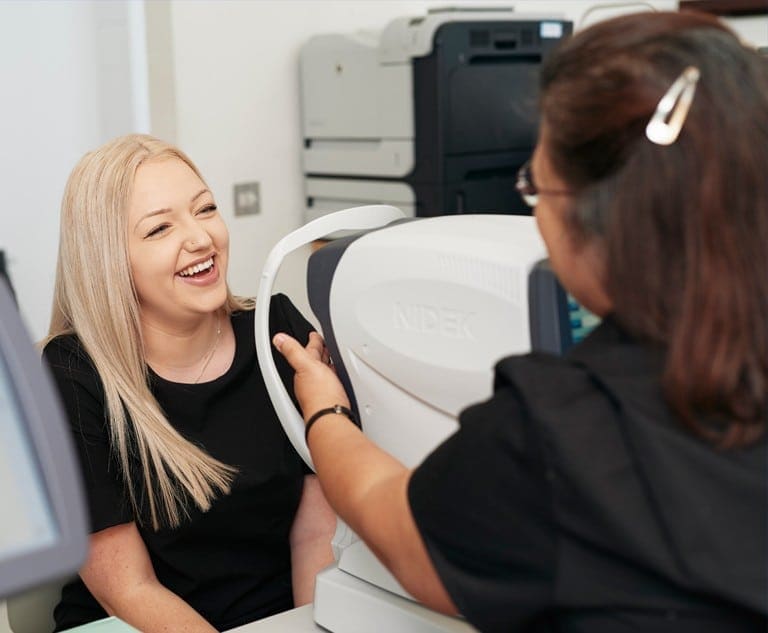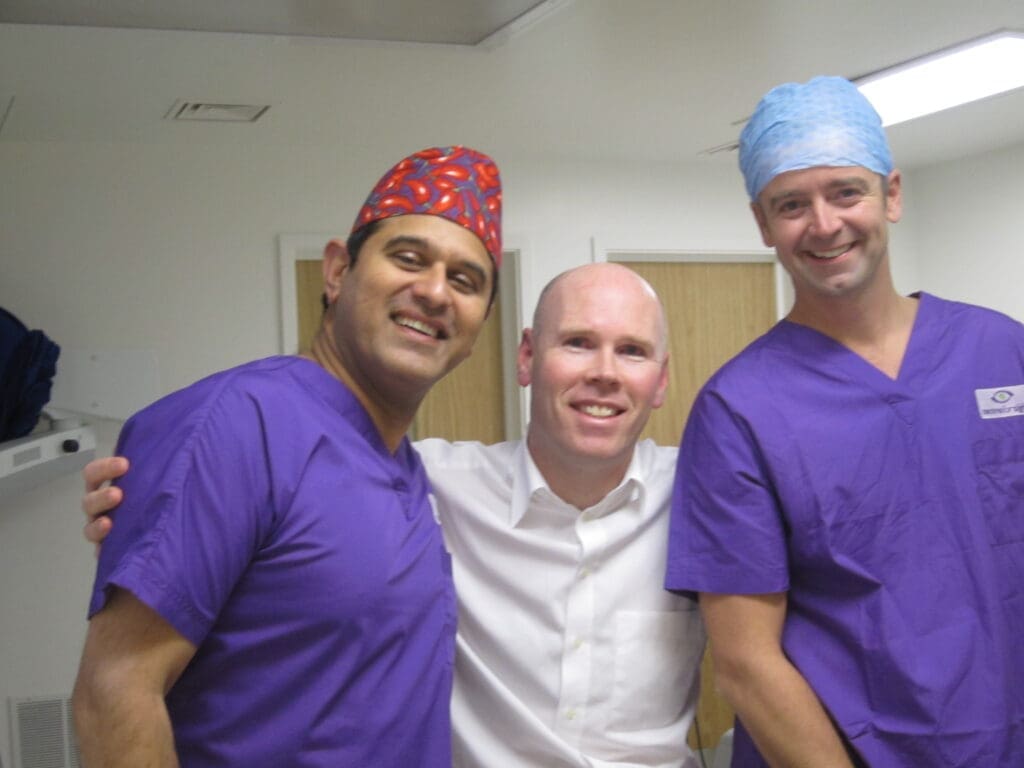Contact Lenses, Tips and Safety
Many wear contact lenses nowadays in as they either find wearing glasses a limitation in terms of sports and activities, or makes them feel self conscious about the way they look.

Glasses can act as a barrier to the rest of the world . Contact lenses are a great option, however they require considerable care and attention to avoid major problems that can be sight threatening!
As a service to you the public, we’ve compiled a few contact lenses tips and safety know-hows to keep your eyes safe, and give you more information on how to care for your contact lenses.
Disposable contact lenses are becoming more common and are probably the best option available – that is if they come in your size or prescription. Often this is not the case and the alternative is to have gas permeable or non-disposable lenses.
Although daily disposable lenses are safer, they are still potentially problematic, and some of the tips outlined below also apply.
Contact Lens Case
Non-disposable contact lenses are usually stored in a case. This must be kept clean to avoid infection or dirty contact lenses, and ideally replaced every 3 months. Lens cases inevitably accumulate bacteria and all sorts of nasty organisms.
The best way to clean the contact lens case is with the contact lens storage solution and then wiped with a clean tissue.
Contact Lenses and Water
There’s a misconception that you can clean contact lenses with tap water. This is an absolute NO NO! Water contains bacteria and even more deadly amoeba.
Amoeba likes corneal tissue (and also brain tissue) and can cause blindness.
This applies to water from swimming pools and even showers! Acanthamoeba keratitis is a well-known blinding infection that results from wearing contact lenses contaminated by water.


Types of Lenses and Solution
There are a variety of contact lenses out there, from dailies to monthlies, and it’s important not to wear them longer than their intended use, as this can have a severe impact on contact lens safety. Dailies naturally don’t need to be soaked in solution as they are thrown out every day. Monthlies or weeklies should be cleaned regularly in order to avoid any germs or bacteria making their way into the lenses.
Also, be aware contact lens solutions have an expiry date, and a new bottle should always be used rather than trying to top up an old bottle with new solution or vice versa. Dailies cost a little more but worth it for the additional safety and reduced hassle.
Sleeping in Lenses
Lid closure reduces the amount of oxygen getting to the cornea. Wearing contact lenses reduces this further and puts the eye at much higher risk of infection.

Foreign bodies and Make up
Foreign bodies like makeup can irritate your eyes or damage your contact lenses.
Always apply makeup after you’ve put your contact lenses in to avoid making them dirty, and always remove your contact lenses before taking make up off.
These are just a few contact lens safety tips, and there are plenty of other ways you should be caring for your contact lenses.
Always consult with a professional if you have any concerns or questions.
Contact lenses are good but not without troubles and there is a 1% risk of a vision threatening problem in a lifetime of wear.
It is therefore worth considering eliminating the hassle of wearing contact lenses altogether through a variety of vision correction procedures which are now better than ever before.
Get in touch and learn about laser eye treatments – who knows you might be lucky enough to be suitable!
Author Information
Authored by Sheraz Daya MD FACP FACS FRCS(Ed) FRCOphth, Consultant Ophthalmic Surgeon & Medical Director, June 2019.
Net review due June 2026













